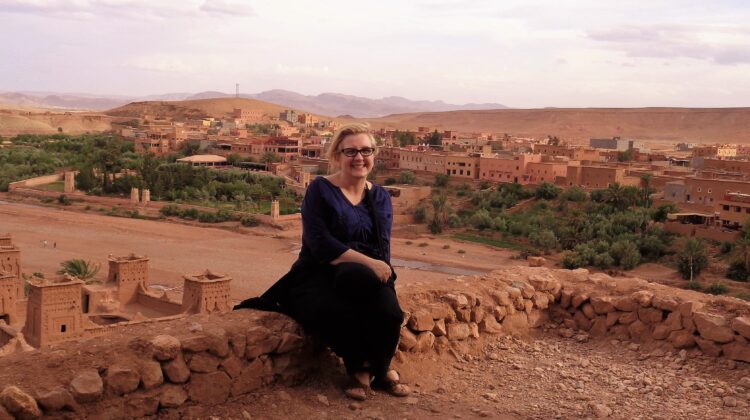Missouri State University’s College of Education (COE) teacher candidates will soon connect with peers as far as North Africa through a program sponsored by the U.S. Department of State. The Virtual Exchange for Teacher Candidates program is made possible by a grant from the Stevens Initiative.
“The Stevens Initiative is an international effort to build global competence and career readiness skills for young people in the United States and the Middle East and North Africa by growing and enhancing the field of virtual exchange,” a press release states.
Missouri State is one of only 17 grantees to receive funding for a virtual exchange program.
Promoting global understanding
The Virtual Exchange for Teacher Candidates, in cooperation with Moroccan Regional Centers of Education and Formation, will build inclusive teacher education curricula that supports future teachers from Morocco and the United States as they learn with and from each other.
The program will launch during the fall 2020 semester. The project’s coordinator is Dr. Jennice McCafferty-Wright, an assistant professor in the childhood education and family studies department.
“The largest component of the project, an eight-week series of student dialogues, will be ready for students in our elementary social studies methods courses in September,” McCafferty-Wright said. “Other components of the exchange, such as an international colloquium series, will be open for the entire COE community. We’ll add more exchange features as the project grows.”
While traditional, in-person exchange programs have been canceled, programs such as MSU’s will be a sustainable and accessible global learning tool.
McCafferty-Wright said participating teacher candidates will build critical cultural understanding and literacies, as well as a commitment to global education. The program will help students enter careers with international, professional relationships to create their own virtual exchanges.
“Teaching requires an understanding of the world. Connecting with teacher candidates in other parts of the world helps us better understand ourselves and our place in the world as educators,” McCafferty-Wright said. “Additionally, students with educators who teach for global understanding are better prepared for critical civic engagement in a diverse democracy.”
Sharing knowledge
Created in 2015, the Stevens Initiative is committed to expanding the virtual exchange field through three pillars of work: investing in promising programs, sharing knowledge and resources, and advocating for virtual exchange adoption.
The Virtual Exchange for Teacher Candidates is supported by the Stevens Initiative, which is sponsored by the U.S. Department of State, with funding provided by the U.S. Government, and is administered by the Aspen Institute. The Stevens Initiative is also supported by the Bezos Family Foundation and the governments of Morocco and the United Arab Emirates.


